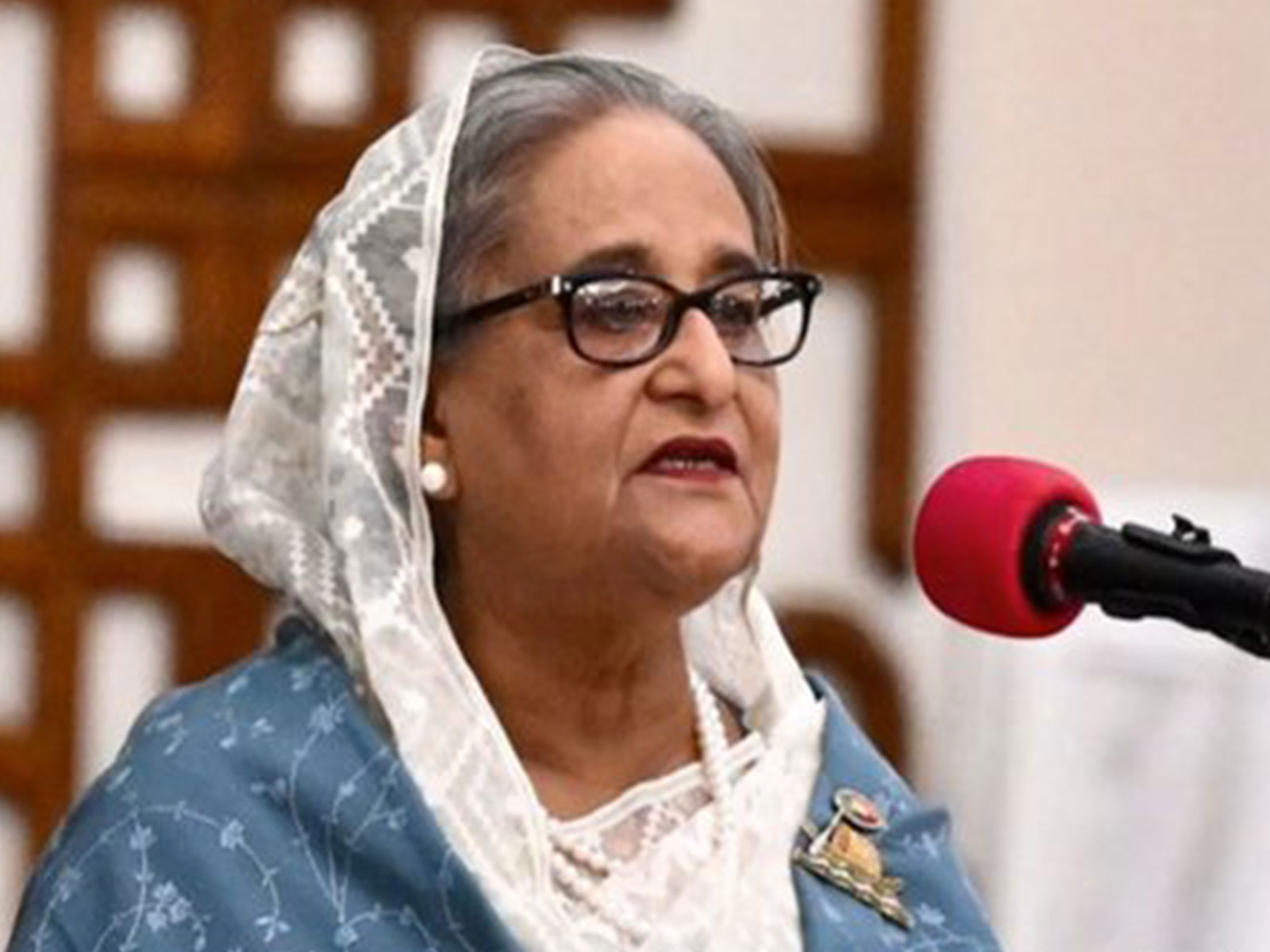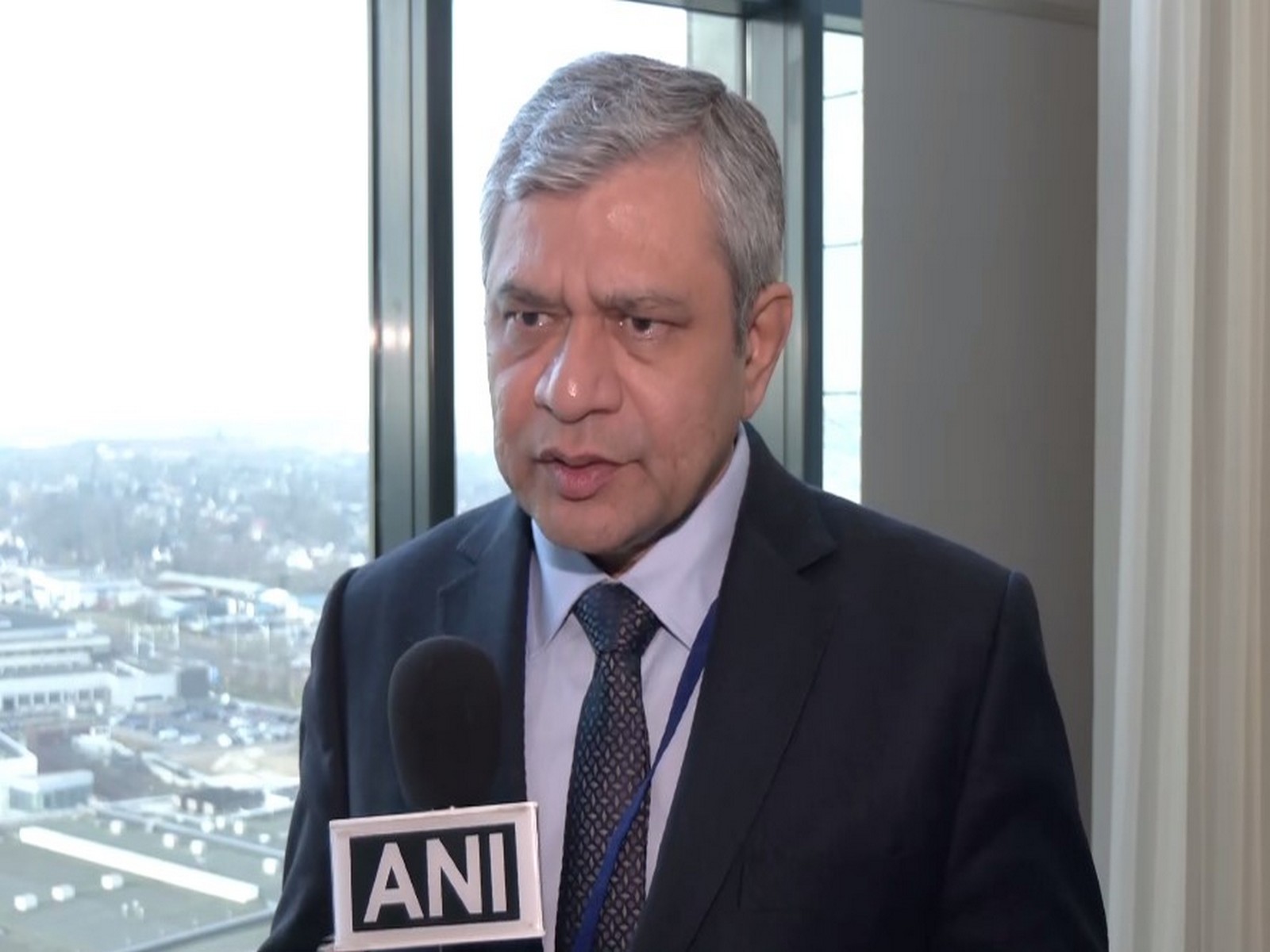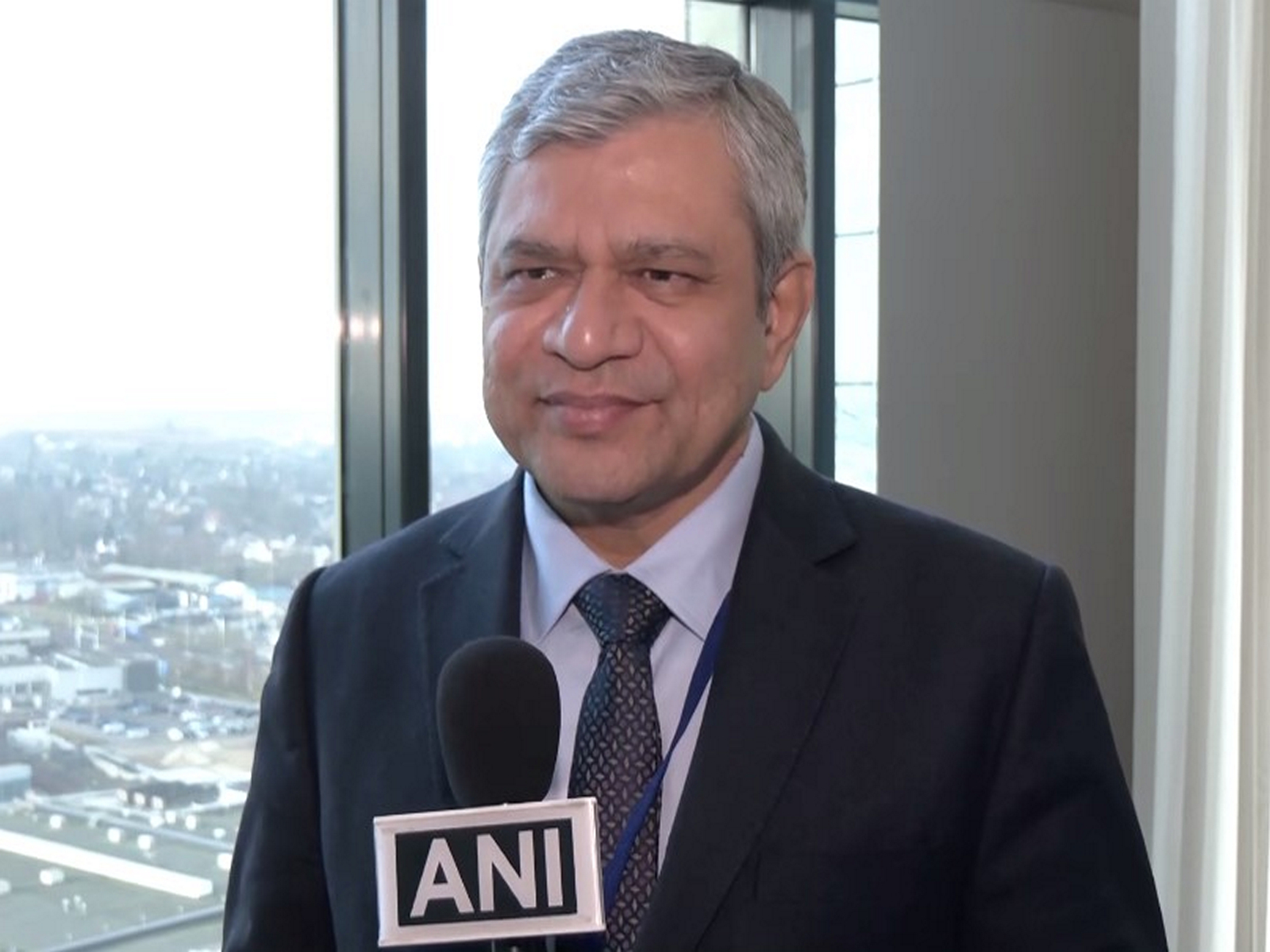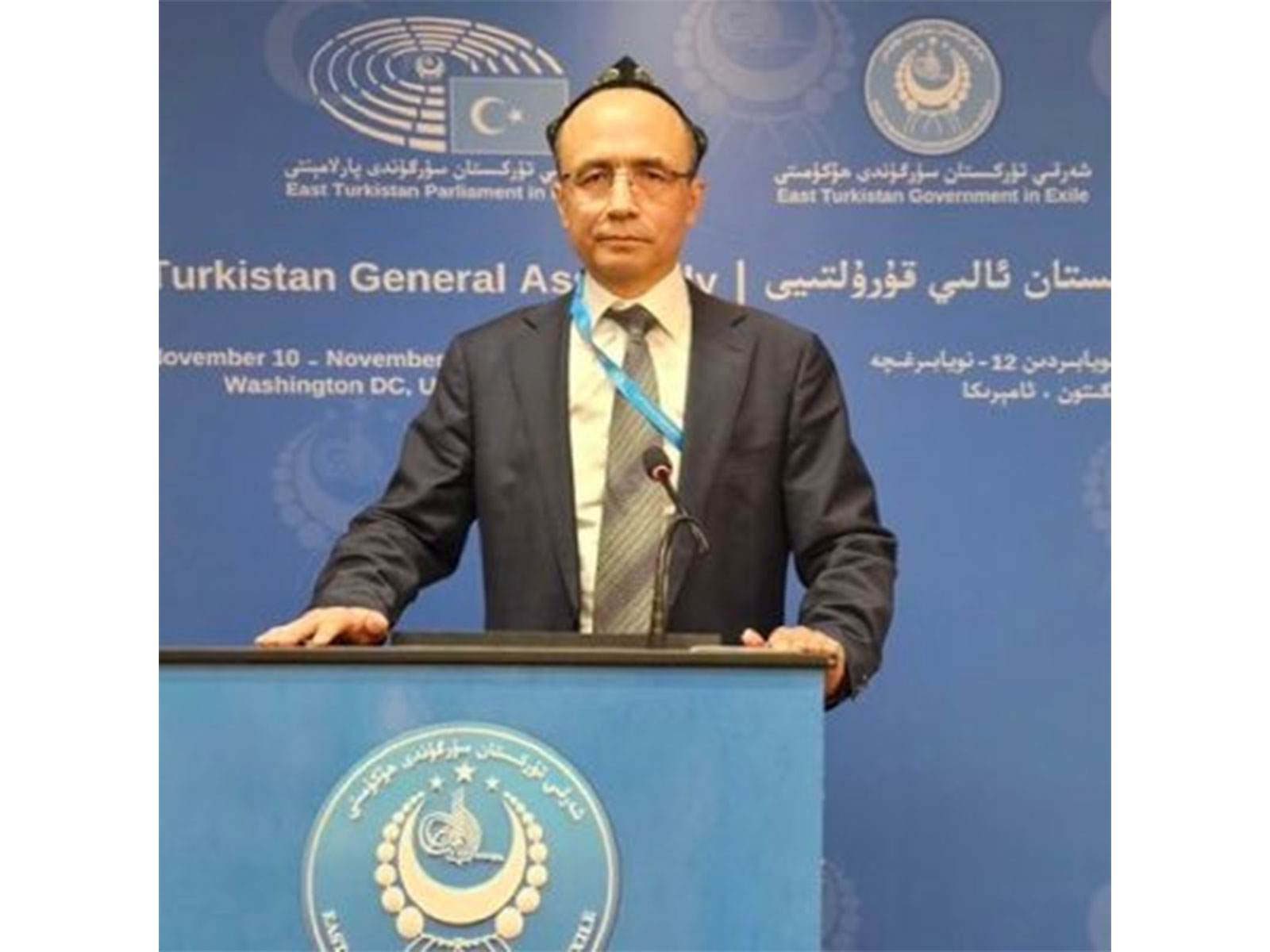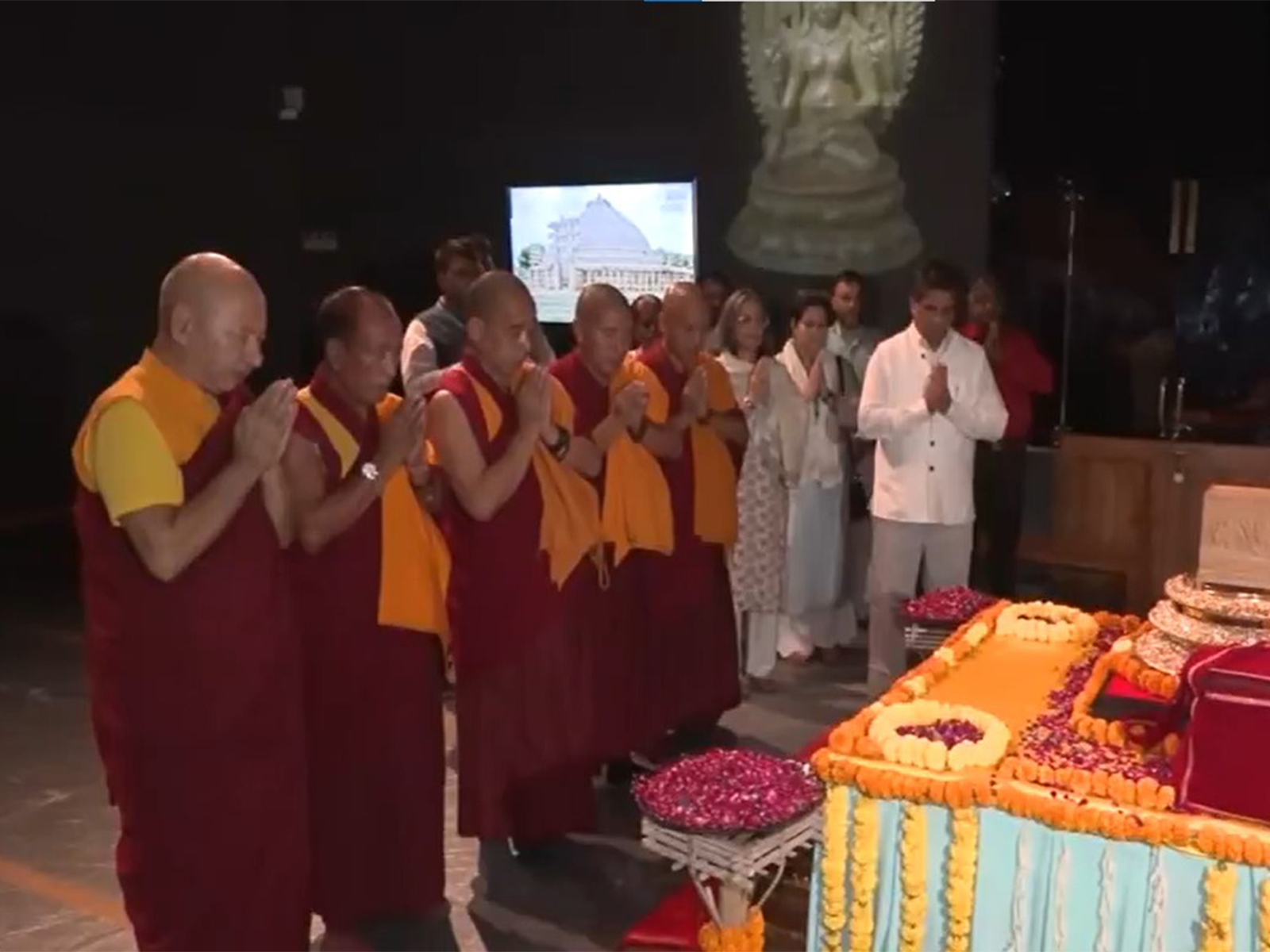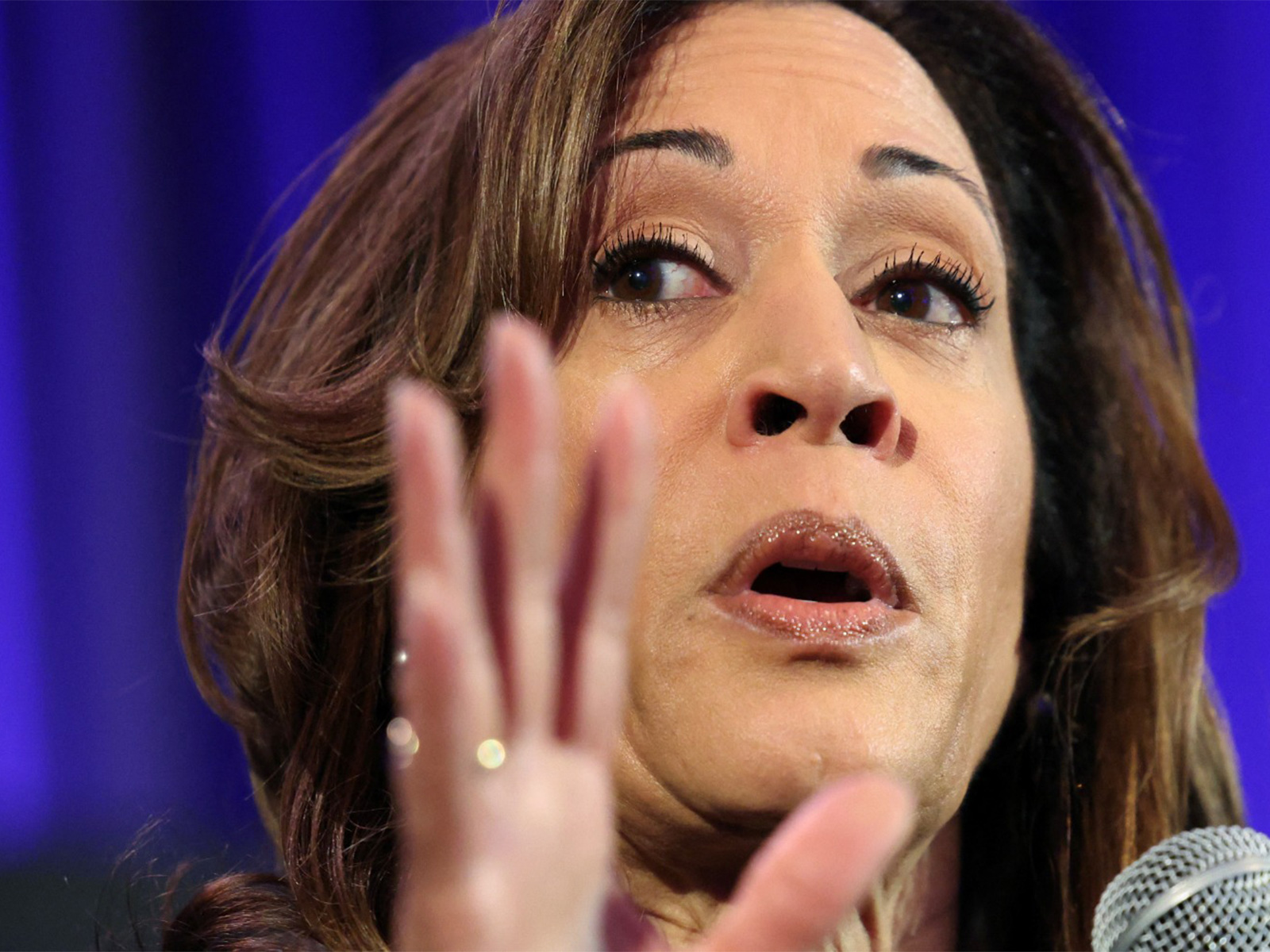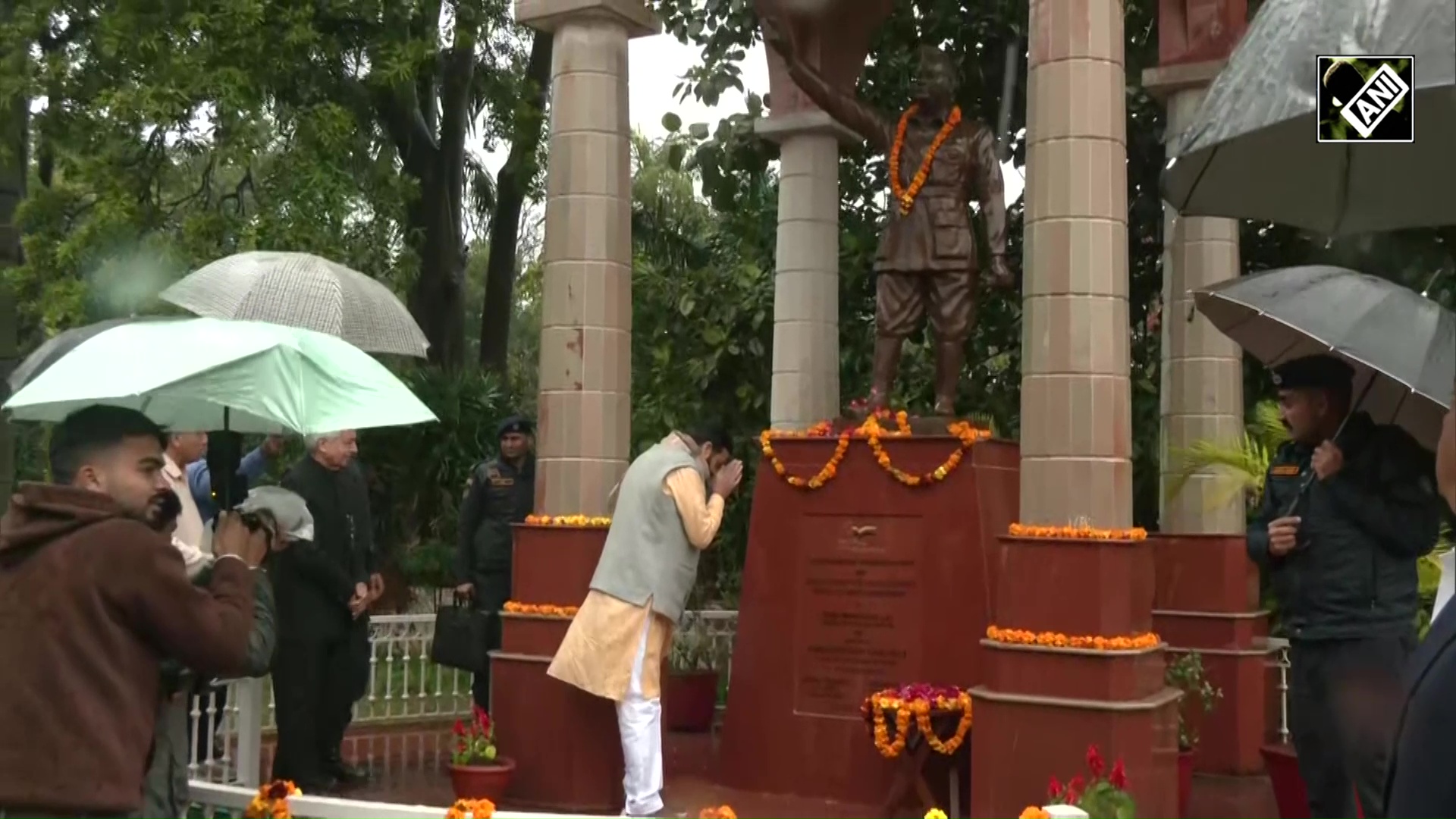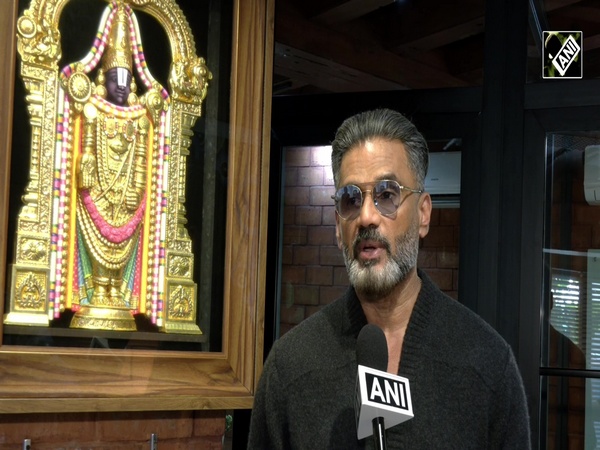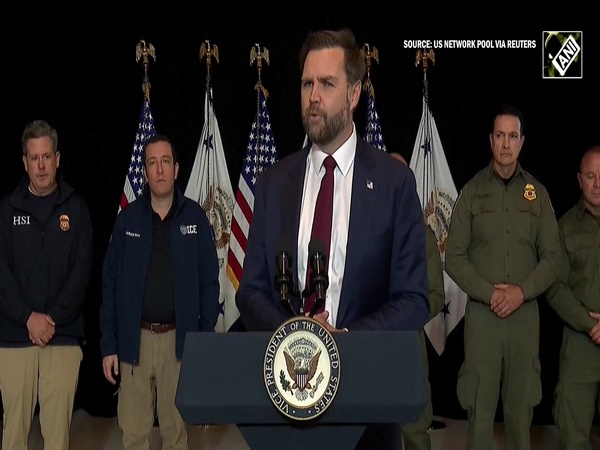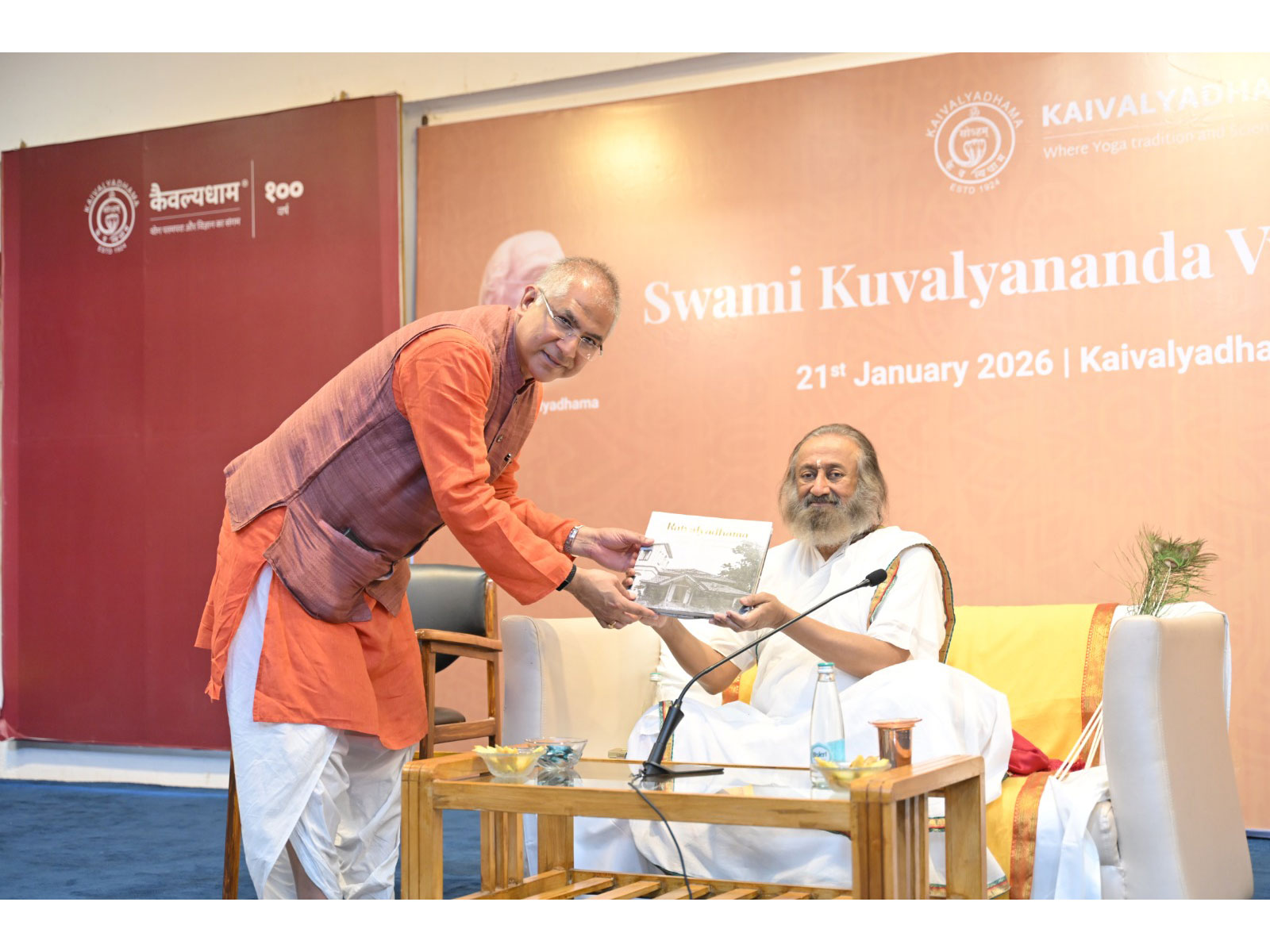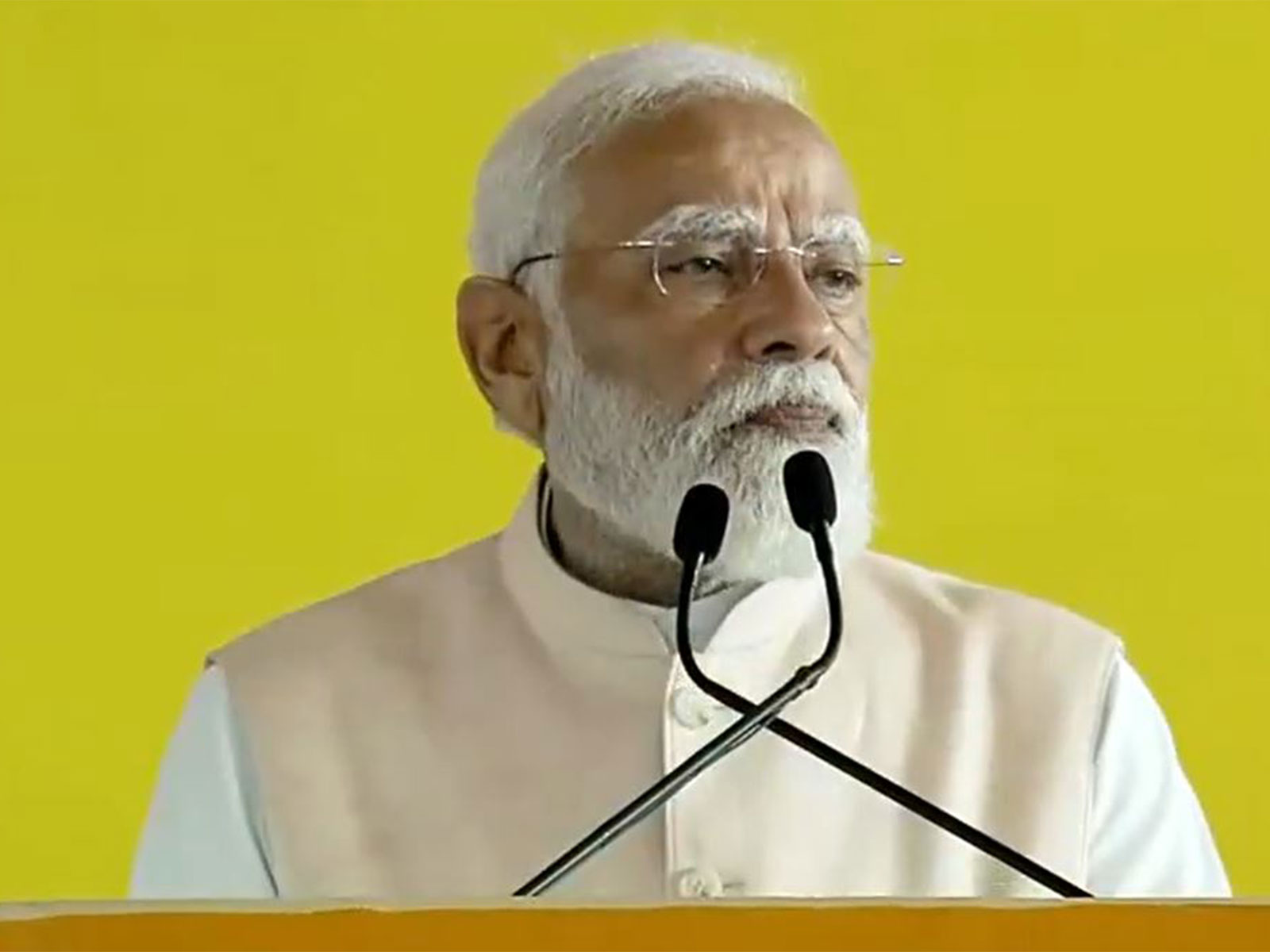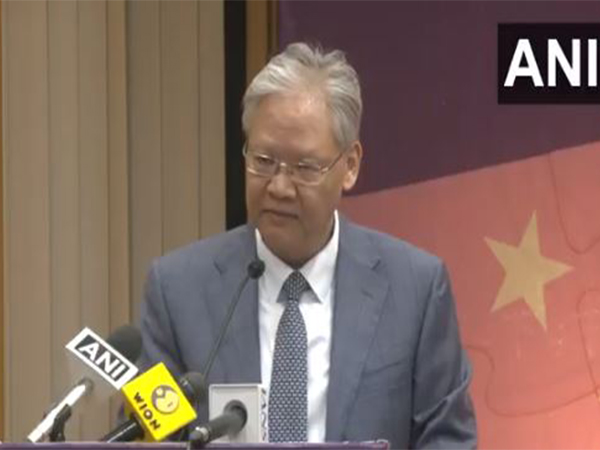
"Silence or compromise only emboldens the bully...": Chinese envoy says Beijing opposes US tariffs on India
Aug 21, 2025
New Delhi [India], August 21 : Noting that United States has benefited greatly from free trade but now is using tariffs as a bargaining chip, Chinese Ambassador to India Xu Feihong has said his country is opposed to US decision to impose 50 per cent tariffs on Indian goods and said that "silence or compromise only emboldens the bully".
Addressing an event in the national capital, the Chinese envoy said his country welcomes all Indian commodities to enter the Chinese market.
In an apparent reference to the Trump administration imposing tariffs on different countries, Xu Feihong said that at present, tariff wars and trade wars are disrupting the global economic and trade system.
"Power politics and the law of the jungle are prevalent, and international rules and order have suffered severe impacts," he said in hard-hitting remarks.
"The Global South is highly concerned about how China and India can strengthen cooperation and take the lead to help developing countries overcome difficulties and safeguard international fairness and justice," he added.
The Chinese envoy said the essence of trade is to complement each other's advantages and achieve mutual benefits and win-win results, not a calculation of who loses and who gains, nor should it become a tool for pursuing individual selfish interests.
"The United States has long benefited greatly from free trade, but now it is using tariffs as a bargaining chip to demand exorbitant prices from various countries. The United States has imposed tariffs of up to 50% on India, and has even threatened more. China firmly opposes it. In the face of such acts, silence or compromise only emboldens the bully," he said.
Trump announced 25 per cent tariffs on Indian goods in July, even as there were hopes of an interim India-US trade deal that would have otherwise helped avoid elevated tariffs. A few days later, he imposed another 25 per cent tariff, taking the total to 50 per cent, citing India's continued imports of Russian oil.
Xu Feihong said China will firmly stand with India to uphold the multilateral trading system with the World Trade Organisation at its core.
He said India and China are engaged in discussion on resolution of direct flights.
"China is willing to work with India to continue friendly exchanges in all walks of life so that people of our countries can visit each other like relatives...We welcome all Indian commodities to enter the Chinese market," he said.
"We are willing to work with India to enhance development of our strategies and enlarge the cake of cooperation," he added.
India and the US initiated talks for a just, balanced, and mutually beneficial Bilateral Trade Agreement (BTA) in March this year, aiming to complete the first stage of the Agreement by October-November 2025.
The US is keen on greater access to India's sensitive agriculture and dairy sectors, which provide livelihood to a large section of people.
On April 2, 2025, President Trump signed an executive order for reciprocal tariffs on various trade partners, imposing varied tariffs in the range of 10-50 per cent.
He subsequently kept the tariffs in abeyance for 90 days, while imposing a 10 per cent baseline tariff, providing time and space for making trade deals. The deadline was to end on July 9, and the US administration later pushed it to August 1. He announced reciprocal tariffs on India ahead of the deadline.
Commerce and Industry Minister Piyush Goyal told Parliament earlier this month that the government is examining the impact of tariffs and will take all necessary steps to safeguard the national interest.
Xu Feihong told reporters later that Chinese Foreign Minister Wang Yi had important discussions with NSA Ajit Doval during his visit to India earlier this week and the two countries will set up two groups on the border issue.
He said one group will be for border delimitation into appropriate sectors and the second group will focus on proper management of the border areas.
During his visit, Wang Yi co-chaired the 24th round of the Special Representatives' (SRs) dialogue on the Boundary Question between India and China with the National Security Advisor Ajit Doval on August 19 and held bilateral talks with External Affairs Minister S Jaishankar a day earlier. The Chinese Foreign Minister also called on Prime Minister Narendra Modi on August 19.
Xu Feihong said India and China should not define the border issue as the relationship between our two countries.
"This time, during the Chinese FM visit to India, he had a very important talk with Mr Doval on the boundary issue. They reached a consensus on 10 points. Two groups will be set up by our two sides over the border issue. One group will be for border delimitation into appropriate sectors. The second group will focus on proper management of the border areas....We should not define the border issue as relationship between our two countries. The border issue is on one side, and cooperation between India and China is on the other side," Xu Feihong said.
The Chinese envoy also referred to Prime Minister Narendra Modi's upcoming visit to China for the SCO Summit.
"The visit of Prime Minister Modi to China will be a very important event not only for the SCO but for the bilateral relationship between the two countries. A working group from China and India are preparing to make this visit a successful one. We attach great importance to this visit," he said.
During his visit, Wang Yi handed over message and invitation from President Xi Jingping to the Prime Minister for the SCO Summit being held in Tianjin on August 31-September 1. PM Modi conveyed his acceptance.
In a post on X on Wednesday, Xu Feihong had highlighted ten points of consensus from the 24th Round of Talks Between the Special Representatives (SRs) of China and India on the boundary question.
He said that the two sides spoke positively of the progress made in the implementation of the important leader-level consensus in Kazan, and shared the view that peace and tranquility has been maintained in the China-India border areas since the 23rd Round of SR Talks.
"The two sides reiterated the importance of maintaining peace and tranquility in the border areas, emphasized handling the issue properly through friendly consultations, to promote overall development of the China-India bilateral relationship," he said.
"Agreed on the need to take a political perspective of the overall bilateral relationship while seeking a fair, reasonable and mutually acceptable framework for settlement of the boundary question in accordance with the Agreement on Political Parameters and Guiding Principles for Settlement of the China-India Boundary Question signed in 2005," he added.
The Chinese Ambassador to India said the two sides agreed to set up an Expert Group, under the Working Mechanism for Consultation and Coordination on the China-India border affairs (WMCC) framework, to explore Early Harvest of boundary delimitation on appropriate Sectors.
He said the two sides agreed to set up a Working Group, under the WMCC framework, to advance effective border management in order to maintain peace and tranquility in the border areas."Agreed to create General-Level Mechanisms in the Eastern and Middle Sectors, in addition to the existing General-Level Mechanism in the Western Sector, and hold the next round of General-Level Mechanism meeting in the Western Sector at an early date," he said.
"Agreed to use the border management mechanisms at diplomatic and military levels to carry forward the process of border management, and discuss de-escalation, beginning with the principles and modalities thereof," he said.
Xu Feihong said the two sides exchanged views on trans-border rivers cooperation and agreed to give full play to the role of the China-India Expert Level Mechanism on Trans-border Rivers and keep communication on the renewal of relevant MoUs.
The Chinese side agreed to share hydrological information during emergency situations based on humanitarian considerations.
"Agreed to re-open the three traditional border trading markets, namely Renqinggang-Changgu, Pulan-Gunji and Jiuba-Namgya. Agreed to hold the 25th Round of SR Talks in China in 2026," he said.
India and China also agreed to uphold multilateralism, enhance communication major international and regional issues, maintain a rules-based multilateral trading system with WTO at its core, and promote a multipolar world, that safeguards the interest of developing countries.
